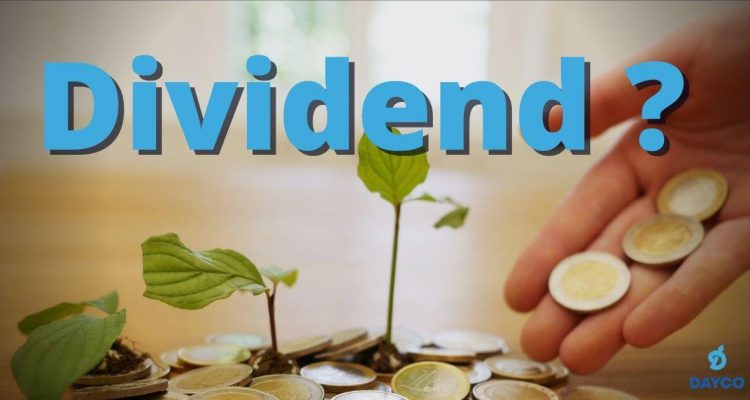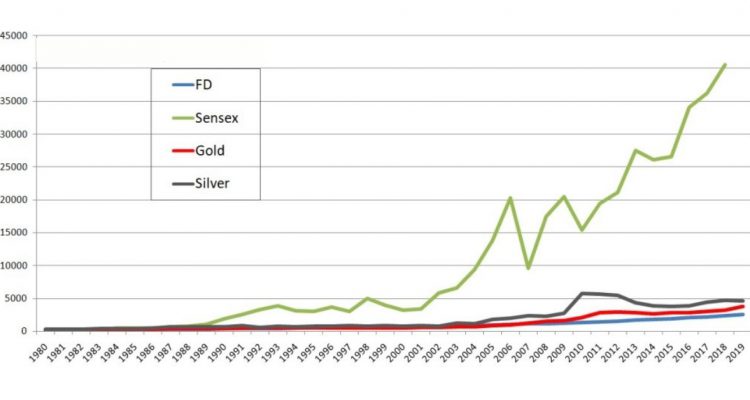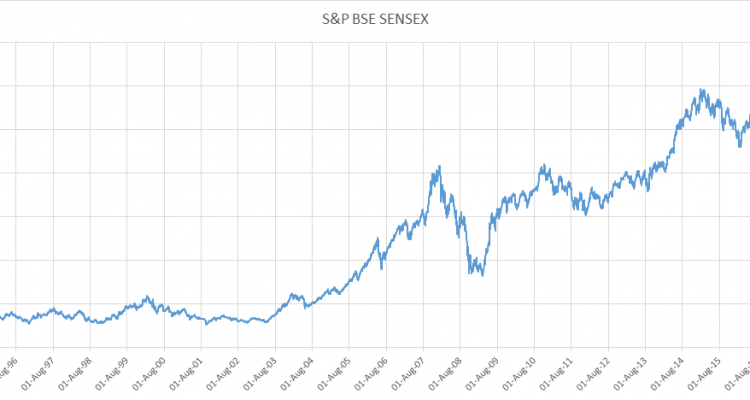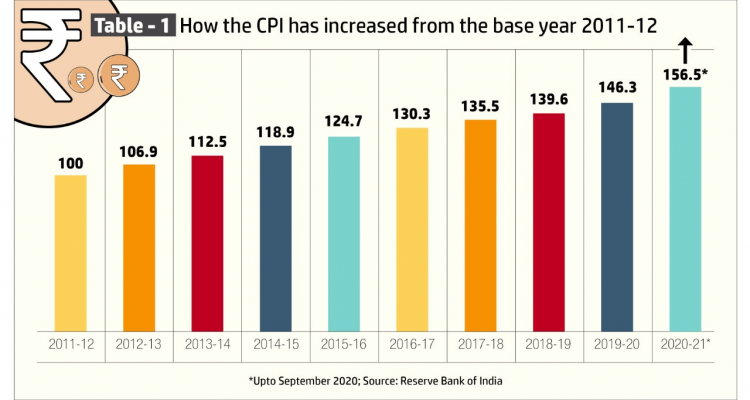You need to pay tax on dividend, 15 March deadline for advance tax payment. Dividend payment is no longer tax-free in your hand from 1 April 2020. If you have dividend income from shares, equity or debt mutual funds, you’ll have to add this as ‘income from other sources’ to arrive at your total income and pay income tax accordingly. Till March 2020 dividend in your hands tax-free as the dividend paying company or mutual fund house was required to pay a dividend distribution tax (DDT). The Finance Act 2020 has withdrawn the DDT liability on firms and mutual funds …
You need to pay tax on dividend



















